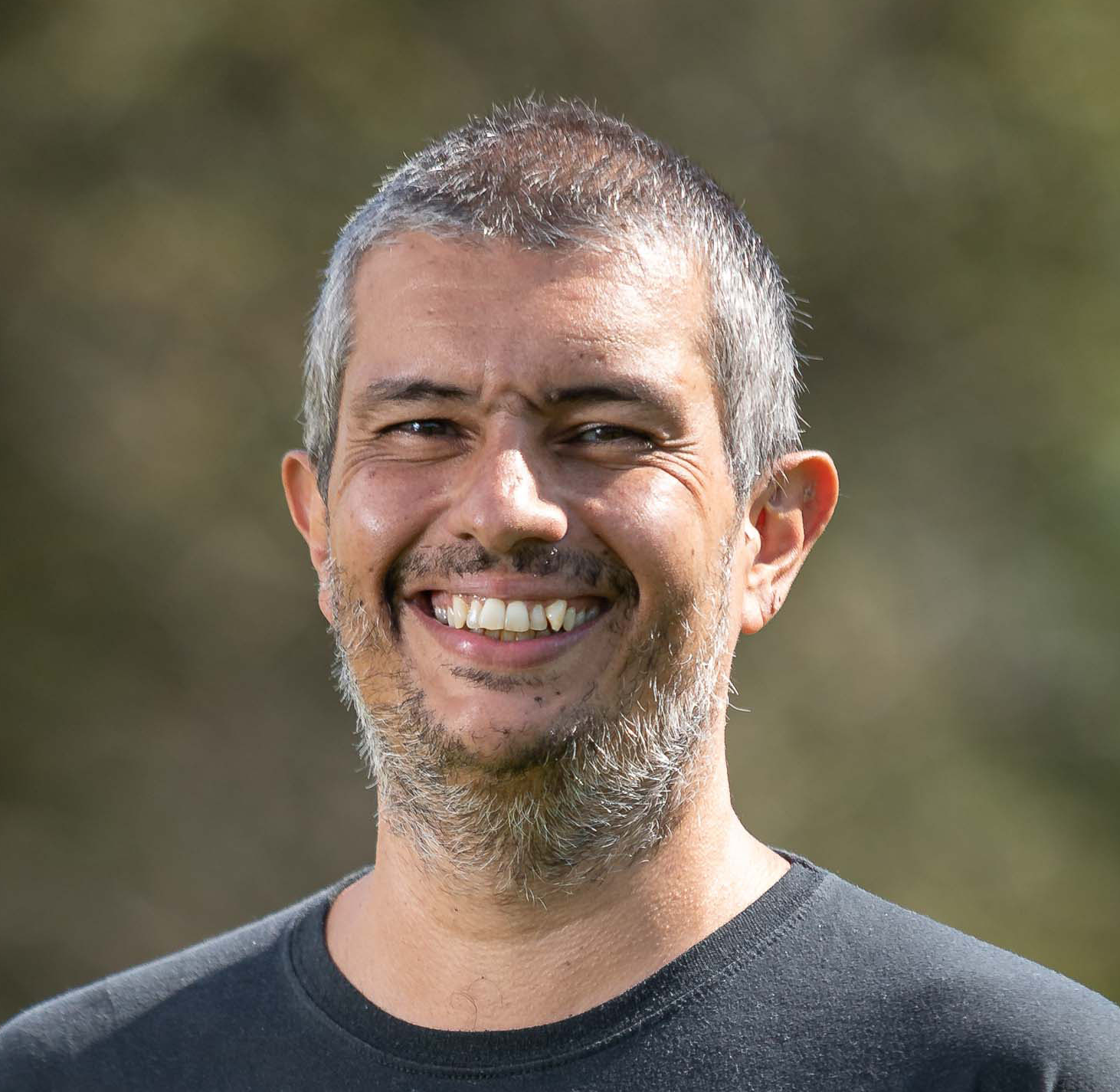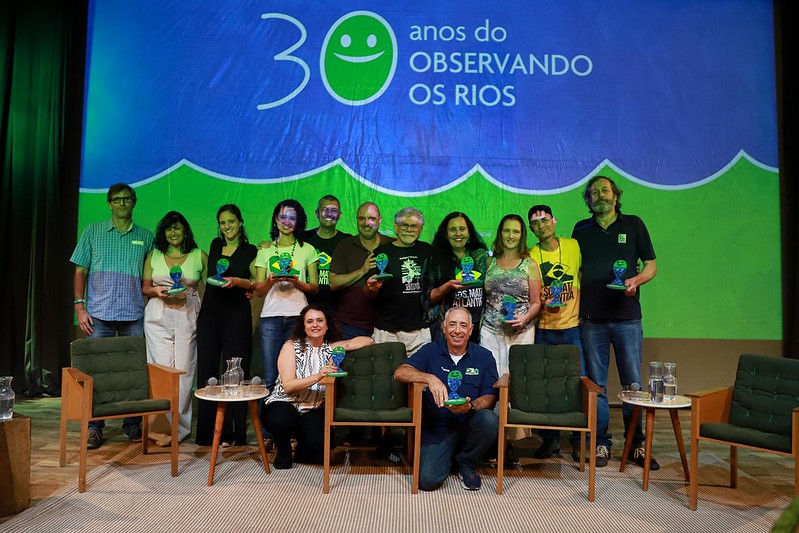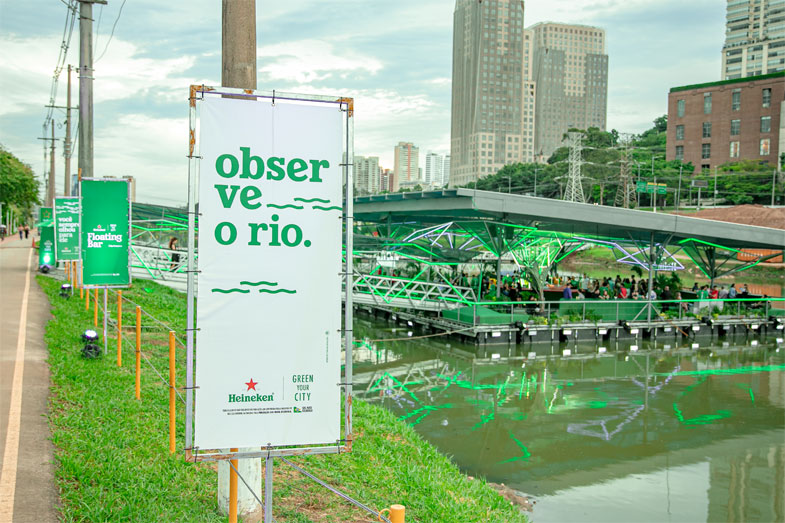Apoie nossas
causas
Activities and Balance of the SOS Mata Atlântica Foundation in 2023
“The year 2023 was busy and challenging for the Clean Water initiative, starting with the UN Water Conference in March at the New York headquarters, the first such conference in 46 years since the 1977 conference in Argentina. It was also a year of resuming in-person meetings with Observing the Rivers volunteers across various states, providing an opportunity to re-engage local monitoring groups. Notably, two workshops on nature-based solutions were held: one on Spring Protection in São Sebastião da Grama, supported by Nespresso, and another on Rain Gardens in Taboão Park, Itu, sponsored by Ypê. These workshops resulted in a video and a manual on creating Rain Gardens. Finally, at the end of the year, we partnered with Heineken to launch a call for projects aimed at improving the water quality of rivers in the Pinheiros River Basin.”
Gustavo Veronesi, Coordinator of the Observing the Rivers Program

The Observing the Rivers program thrives thanks to volunteers who collect water samples from local rivers every month for assessment. This data is compiled into reports shared with the media.
Currently, there are 298 collection points covered by 250 monitoring groups, overseeing 232 bodies of water across 125 municipalities in 17 states of the Atlantic Forest, involving 2,700 people.
Throughout 2023, the Clean Water team from the Foundation met in person with monitoring groups in Rio de Janeiro, Paraíba, Paraná, Bahia, Rio Grande do Norte, and São Paulo to strengthen and reactivate local groups.
Additionally, this year we solidified a new methodology to evaluate water quality in the Atlantic Forest rivers.

The SOS Atlantic Forest Foundation was elected to a primary seat on the São Paulo State Water Resources Council and to the Upper and Middle Tietê Sorocaba River Basin Committees, specifically in the Technical Chambers of Planning and Management of the Tietê River Basin. This involves six management units and the São Paulo Forum of River Basin Organizations.
We participated in debates on improving water usage charges, assessing projects impacting water in the basin, analyzing submissions to the State Water Resources Fund (Fehidro), and formulating guidelines for Environmental Education. As members, we can discuss and vote on issues, present proposals, and be elected to various positions.
It all began with a stubborn alligator that refused to leave the banks of a polluted river in the middle of one of Latin America's largest cities. The public was moved and started to care about those waters.
A partnership between BBC and Eldorado radio stations aired a program linking the Tietê River with the Thames River, which was being cleaned at the time. The sensitized public began to demand more. Journalists then sought out the environmental NGO SOS Mata Atlântica to launch a campaign for the river's cleanup.
In 1991, before the internet, the campaign garnered over a million signatures, delivered to the governor of São Paulo at the historic ECO92 conference in Rio de Janeiro.
Simultaneously, Sesc São Paulo called for urban planners, advertisers, and environmentalists to reimagine the Tietê.
This movement birthed the Observing the Tietê project, which evolved into the current Observing the Rivers program. We celebrated the partners involved in this journey at a commemorative event at Sesc Pompeia, São Paulo, on September 19, attended by over 100 people.


Having started in 2022, this course for educators, university students, and the general public was completed in 2023. Over 600 participants reached the final stages of the program, presenting 241 Action Plans with solutions for environmental education, water quality monitoring, riparian forest restoration, cleanup efforts, and solid waste workshops, among others. Of these, 22 were selected to receive funding for implementation.

At the end of the year, we focused on another major river in São Paulo. In partnership with Heineken, we launched a call for demonstrative projects to improve the Pinheiros River basin and its surroundings.
This call was inspired by the successful experience of a floating bar installed by the company on the river, with all profits directed to SOS Atlantic Forest.


Communities, especially those in vulnerable situations, are increasingly feeling the effects of climate change. Besides mitigation actions like switching from polluting energy sources to clean ones and stopping deforestation, we also need to invest in adaptation strategies for the changes already being felt.
To this end, we conducted two workshops on Nature-Based Solutions, which leverage natural mechanisms to address the climate crisis.
The first workshop, on Water Spring Restoration, was held with the Foundation's restoration team in São Sebastião da Grama, SP. Aimed at small farmers who are already facing water shortages, it taught them how to protect areas where water springs emerge.
The second workshop focused on creating a Rain Garden, which helps cities manage extreme rainfall by making the soil more permeable and preventing major floods. This workshop took place in Taboão Municipal Park in Itu, with the participation of public school students and the city's Environment Department.
Check out the step-by-step guide to creating a Rain Garden.

2023 Annual Report
Coordination
Marcelo Bolzan/Estúdio Verbo
Editor
Marina Vieira
Contributors
Afra Balazina; Aislan Silva; Carlos Abras; Diego Igawa Martinez; Gustavo Veronesi; Kelly De Marchi; Luís Fernando Guedes Pinto; Marcia Hirota; Maria Luísa Ribeiro; Olavo Garrido; and Rafael Bitante Fernandes
Image Research
Andrea Herrera and Marina Vieira
Graphic Design
Karine Costa
Editing
Ana Cíntia Guazzelli
Translation
Janaína Ribeiro
Image Credits
Ana Paula Guido; César R Santos; Fernando Castro; Fernando Donasci; Gustavo Veranesi; Isabela Lanute; JF Dorio; Léo Barrilari; Loan Barbosa; Matheus Mussolin; Sérgio Barzaghi; Rafael Bitante Fernandes; and SOS Mata Atlântica Archive